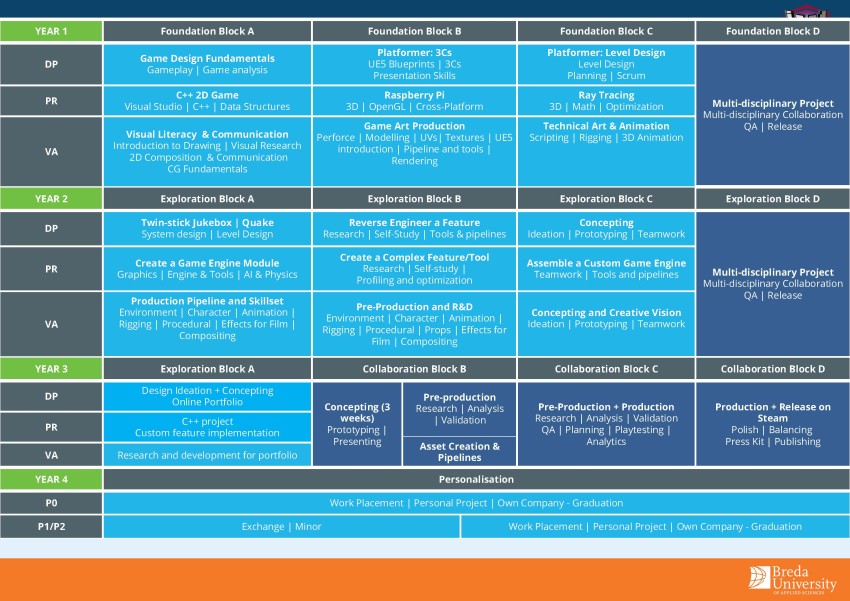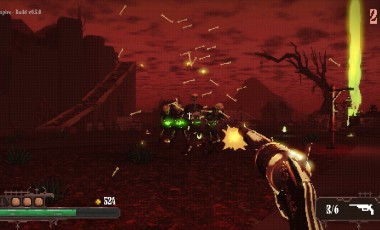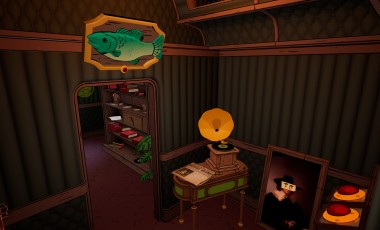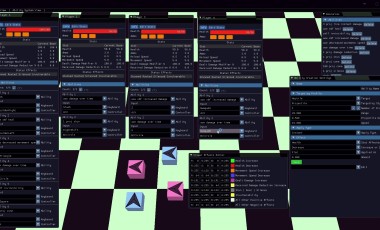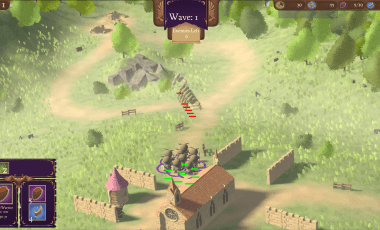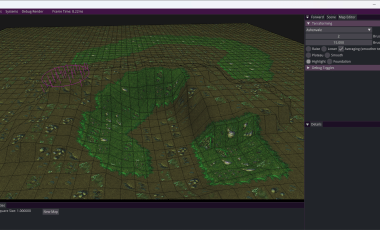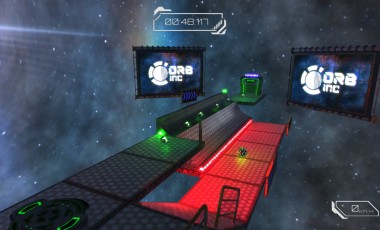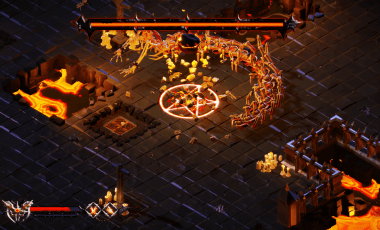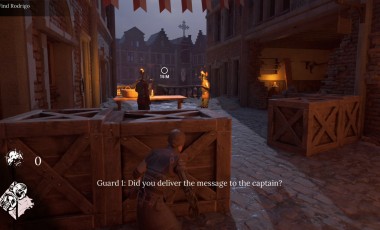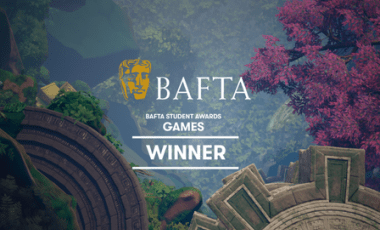I had no experience with game development.
Discover what inspired Melvin to pursue this Programming track. Learn about how he has grown and has developed his skills.
Courses per year
During this four-year bachelor programme, you will have the opportunity to work on real-world projects, collaborate with industry professionals, and build a portfolio of work to showcase your programming skills.
- Year 1
The first year consists of four blocks. In the first three blocks, you will attend lectures and seminars and work on clearly defined projects. This will allow you to develop basic skills and expand your knowledge. In the fourth block, you will also work in multidisciplinary teams. This means working in a small team of students from different study tracks to develop a game – everyone in their own role. This way, you can practise your skills as well as working in a development team.
The skills you will develop:- Programming design patterns
- Fundamentals C++
- Practical mathematics
- Software architecture
- Year 2
The second year also consists of four blocks. During the first two blocks, you will continue working on your skills in your chosen role. You will then spend a further two blocks operating in multidisciplinary teams and attending lectures and seminars.
The skills you will develop:- Gameplay programming
- Engine programming
- Graphic programming
- AI programming
- Year 3
In the third year, you will truly specialise in the role you have chosen. You will work in a multidisciplinary or specialist team on a game project according to industry standards. You will also have the opportunity to deepen your knowledge and skills.
Topics covered include:
- Advanced programming
- Workshops
- Engine/rendering
- Year 4
In your graduation year, you can literally go in any direction. In the fourth year, students work on projects at companies all over the world! You will complete two projects this final year. You can choose from the following options:
- Working on your portfolio, individually or in teams. By the way, you will always be assessed individually.
- Working at a company, where you will eventually deliver a project result.
- Developing a business plan or starting your own company, supported by our specialists in entrepreneurship.
- Going on an exchange for a semester, studying at one of our partner universities.
You can also combine two above-mentioned projects into a year-long project. Alternatively, you may gain a year's work experience in a graduation internship.
- Study overview
Below, we explain what you can expect in each year.
Student work
Intake assignment and selection criteria
To be admitted to the programme, you must take part in a selection procedure. Part of this procedure is making a portfolio assignment.
When your assignment is assessed as satisfactory, you will receive an invitation for an interview. This assignment, but also previously made work, will be discussed there.
More about the assignment and criteria
Criteria
The portfolio assignment and the interview are assessed against the criteria
- Motivation (15%)
- We provide small-scale and intensive education. This means that we expect a 40 hours per week commitment to your study, strong teamwork, engagement in regular (1-on-1) feedback sessions, the ability to study independently, an interest in extra-curricular activities and a proactive attitude.
- Do you fit this profile? Explain why.
- How much time did you spend on the assignment?
- How did you prepare? What learning resources did you use?
- Communication (15%)
- Explain your assignment
- Are you proficient in English?
- Can you answer our questions clearly and concisely?
- Reflection (10%)
- What aspect of the assignment of the game did you like the most?
- What did you learn from making the assignment?
- What would you improve if you had more time?
- Portfolio + assignment - Skills & knowledge (60%)
- Quality of the assignment
- Examples of your best work
- Skills and knowledge you already have (including previous education)
Admission & application
- What are the admission requirements?
-
To meet the educational requirements to this degree programme, you need a higher general secondary education (havo) or pre-university education (vwo) diploma with an appropriate profile, or an equivalent of these Dutch diplomas. You can also be admitted with a secondary vocational education (mbo level-4) diploma.
- Check out the complete admission requirements and the possibilities if you do not meet the requirements
- Additional requirements have been set for the 3-year track.
- How much does this study programme cost?
-
In the academic year 2026-2027 the statutory tuition fee for this bachelor's programmes is €3,650. In addition, you should take extra costs for software, excursions, etc. into account.
- How can I apply?
-
If you meet the admission requirements, you can apply for this programme. Admission is based on selection.
Come and meet us
Walking around on campus is the best way to truly experience BUas. Sign up for one of the upcoming events or activities.
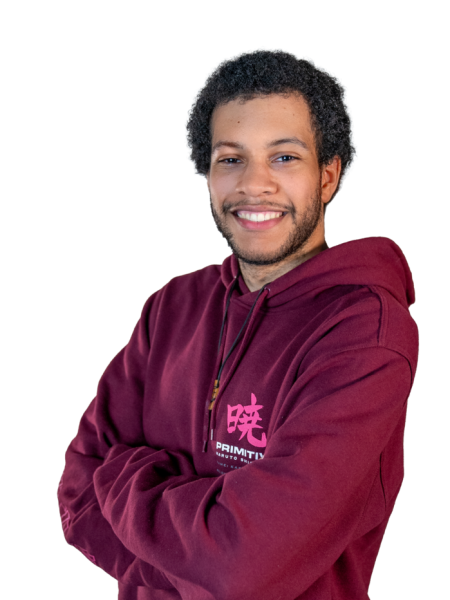
Your future starts here
- The job market needs you
Explore your career options - Choose your path
Will you become a game, graphics or animation programmer? - Learn from the best
Graduates share their experiences


